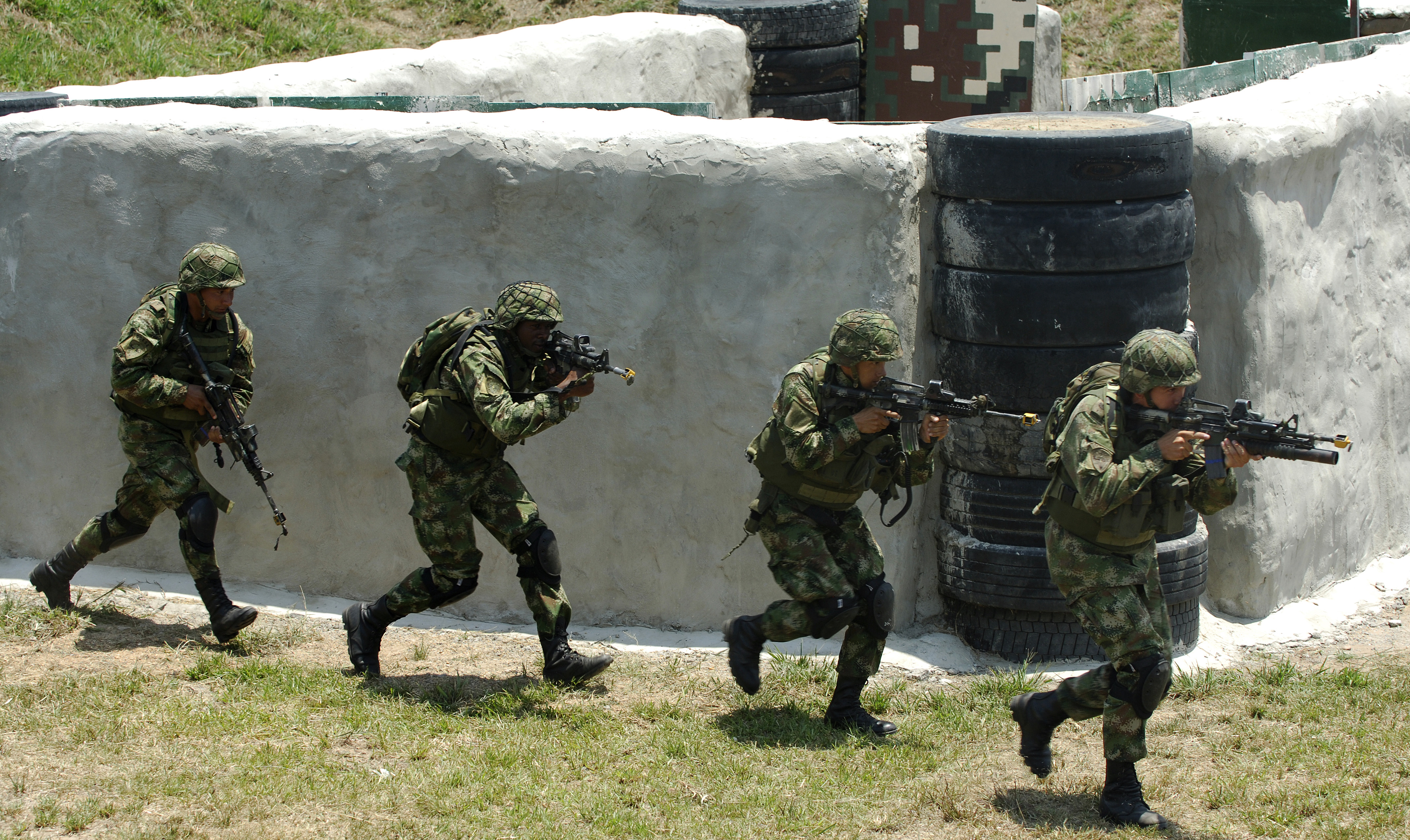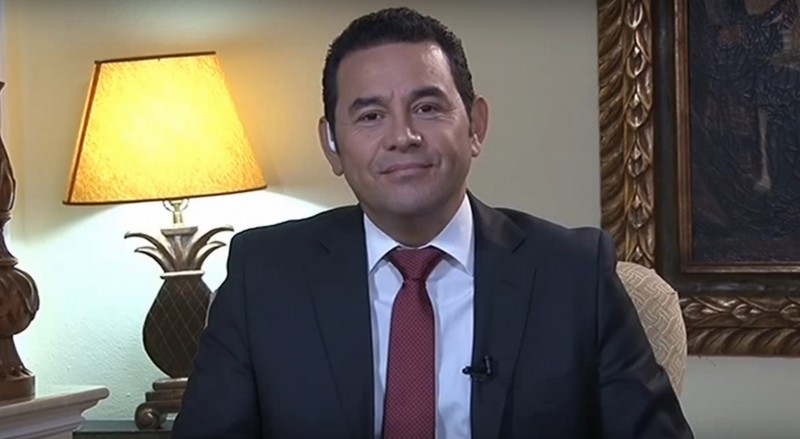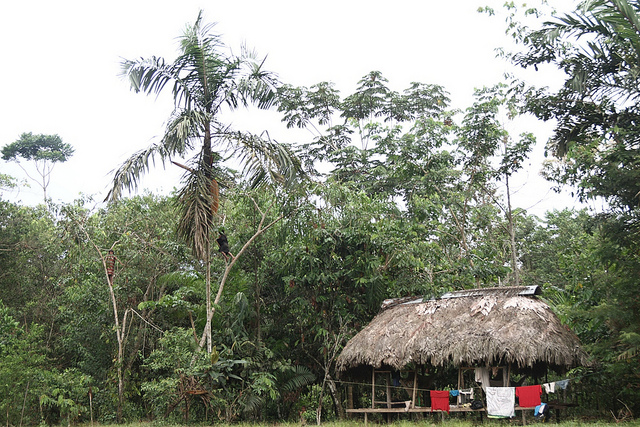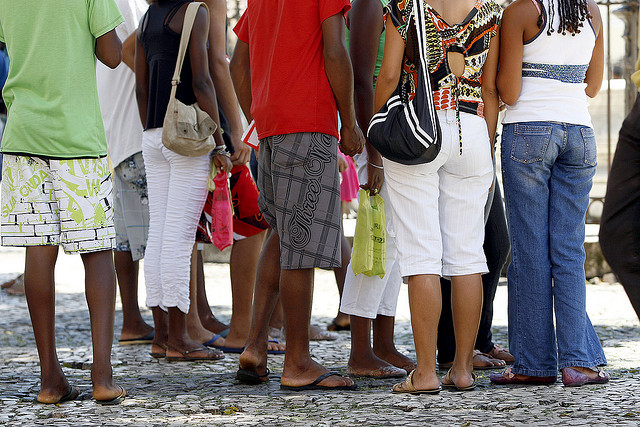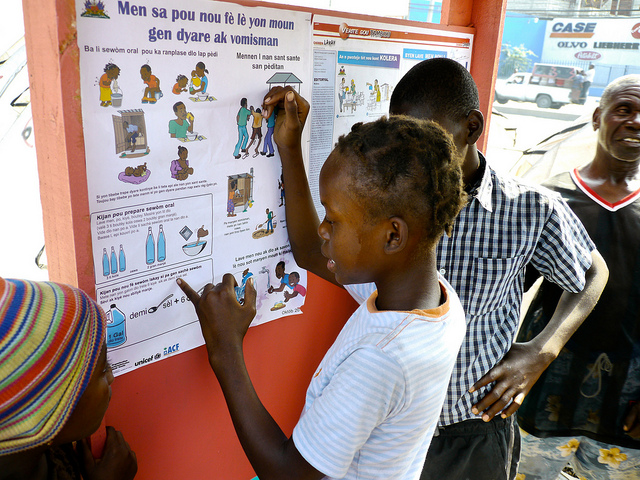
Haiti, Latin America: Week in Review
Haiti: Vaccination Project Launched To Fight Cholera Outbreak
April 13, 2012 By Staff
Today in Latin America
Top Story — Health workers in Haiti are beginning a pilot project to vaccinate rural Haitians against cholera, though the epidemic has already killed more than 7,000 people over the last eighteen months. Millions of Haitians lacking potable water and sanitation have been exposed to the disease since the country’s devastating 2010 earthquake, and at least 530,000 people have been infected, marking one of the largest cholera outbreaks on record. The World Health Organization approved the Shanchol oral vaccine as safe and effective last November, but the plan to distribute the vaccine to 1 percent of the Haitian population has run up against resistance and delays, including concerns that the vaccination project would be an unethical experiment on Haitians. The project was finally approved by an ethics committee this week after the organizations Partners in Health and GHESKIO submitted updated proposals at the request of the Haitian health ministry, which announced its approval of the project on Wednesday. The push for the cholera vaccine comes at the onset of rainy season in Haiti, when drinking water can become contaminated by flooding.
Read more from NPR.
Headlines from the Western Hemisphere
North America
- Opponents of Alabama’s tough immigration law spoke out at a public hearing for proposed changes to the law.
- Mexican presidential candidate Josefina Vazquez Mota’s campaign aired ads calling rival candidate Enrique Pena Nieto a “liar”.
- A 4-minute video depicting children living out scenes of violence in an adult-less world has gone viral after it was released by Mexican organization “Our Mexico of the Future”.
- Royal Dutch Shell has spotted a 10-mile square sheen of oil in the Gulf of Mexico, but has yet to determine the cause of the apparent leak.
Caribbean
- Prosecutors in a Guantánamo war crimes tribunal against Abd al Rahim al Nashiri must calculate how much the U.S. spent on investigating the bombing of the USS Cole to help decide al Nashiri’s sentence.
- A restaurant in Miami received threats after a billboard on its roof displayed an ad for a video that defended the “Cuban Five”, who were convicted in the U.S. for spying but are seen as heroes in Cuba.
Central America
- A spokesperson for Nicaragua’s national police said that foreign gangs were being detained and deported along the country’s northern border with Honduras
- Somali pirates released the Panama-flagged MV Leila, which they had seized near Oman in February, reportedly after a ransom was paid.
Andes
- The Peruvian government said it would not negotiate with Shining Path guerrillas who kidnapped dozens of gas workers on Monday.
- The UNHCR reported that 1,200 to 1,500 refugees a month are fleeing Colombia for Ecuador due to violence.
- Though he has spent much of his campaign battling cancer, Venezuelan President Hugo Chávez maintains as much as a 14-point lead over presidential hopeful Henrique Capriles.
- Silvio Carrasquilla, a former mayor in Colombia and huge fan of Barack Obama, said he hopes to welcome the U.S. president to his home and present him with a donkey named “Demo”.
Southern Cone
- Brazil’s Supreme Court on Thursday removed a ban on the abortion of fetuses that have severe forms of brain damage like anencephaly.
- Argentine President Cristina Fernández de Kirchner proposed Thursday to nationalize a majority interest in YPF, Argentina’s largest oil company.
- Construction at the new 2014 World Cup soccer stadium in Salvador, Brazil, was halted due to a strike by construction workers seeking better salaries and benefits.
- Researchers reported that 280 million year-old dinosaur embryos found in Brazil and Uruguay are the oldest ever discovered.
Image: markyturner @ Flickr.

